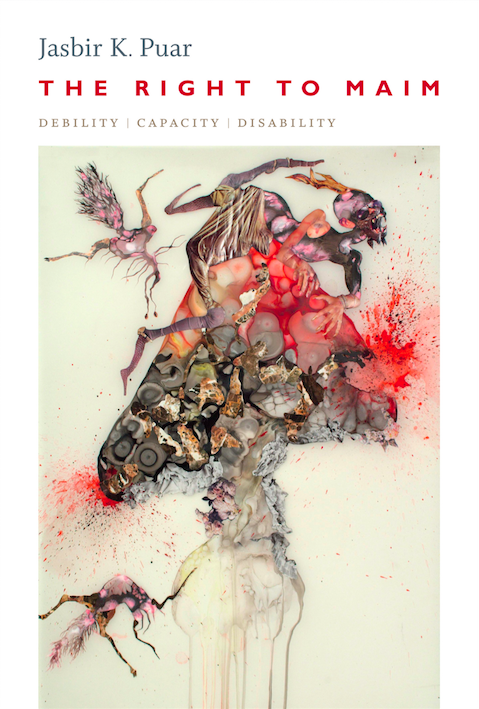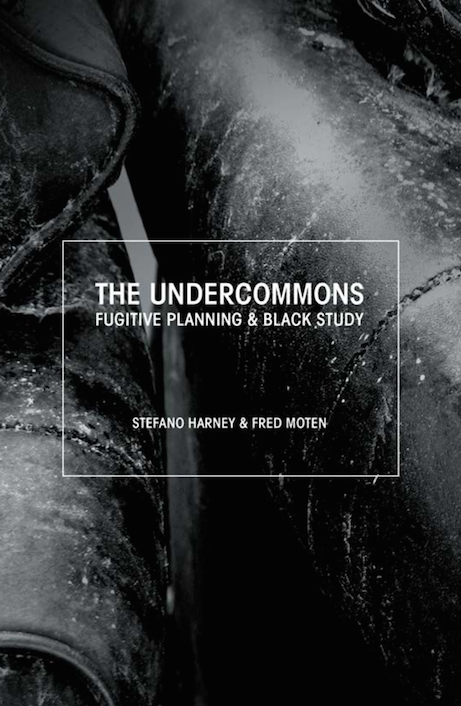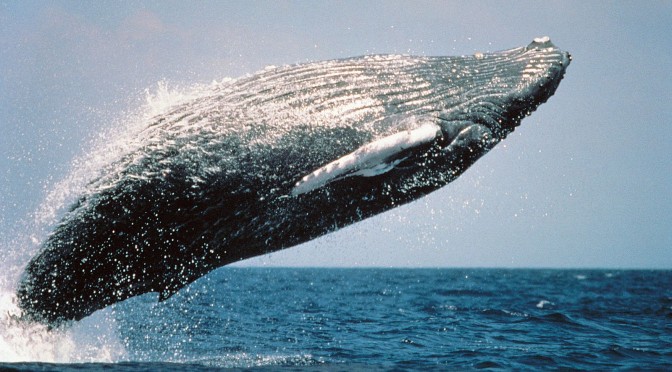by Trisha Remetir (UNC) and James Rakoczi (KCL). though this could not have been written without the contributions of Christine Okoth (KCL), Jennifer Ho (UNC) and Rafael Lubner (KCL), Dr Jane Elliot (KCL), Dr Seb Franklin (KCL).
In August 2017, six students from the University of North Carolina at Chapel Hill travelled to London to take part in the inaugural UNC-KCL graduate student conference: ‘Configurations of Empire’. The two-day conference allowed each participant to present a work-in-progress paper that explored critical-theoretical engagements with conditions of life, labour and belonging under contemporary formations of Empire. Empire, with a capital E, is a term coined by Michael Hardt and Antonio Negri to conceptualise the globalised—and totalised—political-economic relations that characterise the present.
Topics from the North American side of the Atlantic included twentieth-century African American literature, feminist music studies, queer studies, online streaming services’ television shows and contemporary representations of labo(u)r and migration. On the London side, topics included an experimental electronic musician’s transcendentalist critique of the post-human, the psycho-geographies of mental health service user movements in London and the insidious dynamics of the logic of recycling. The conference culminated in a keynote by Seb Franklin on the coding and forms of disposal.
The conference, then, was an event, a research output, a moment, and the satisfying culmination of a year of hard work. This blog post could be about that conference, but instead we want it to tell a different story, one about the networks of working & reading & collaboration & arguments which led to the “event” and continue to develop after…
To borrow one of Foucault’s stranger moments:

‘For my part, it has struck me that I might have seemed a bit like a whale that leaps to the surface of the water disturbing it momentarily with a tiny jet of spray and lets it be believed… that down in the depths where no one sees him anymore; where he is no longer witnessed nor controlled by anyone, he follows a more profound, coherent and reasoned trajectory.’ (Foucault, lecture, 7th January 1976)
Because every single one of the conference participants had participated in a parallel set of reading groups on either side of the Atlantic (that continue at present), i.e., because we each had dieted upon a shared palette of plankton, each conference member’s feedback to our research-whale-breaches became just a bit more meaningful…
Pre-breach, what had we all read? Jasbir Puar on trans-normativity, Neferti Tadiar on remaindered life, Sara Ahmed on the phenomenology of hate, Jennifer Doyle on difficulty, Jord/ana Rosenberg on the molecuralization(s) of sexuality.
Post-breach, what did we continue to read? Fred Moten & Stefano Harney on Study (more of this in a moment), Christina Sharpe on living in the wake of centuries of violence, Lawrence La Fountain-Stokes on the translocas of Puerto Rican culture, Donna Haraway on her troublesome new concept of the ctuhlucene, Sylvia Wynter on the unsettling of the coloniality of being.
One particular insight from last semester’s discussion of Fred Moten and Stefano Harney’s work was using feminist theories of possession and dispossession to recognize the type of study we do in the university. Instead of an isolated, placeless activity, Moten and Harney write of study as locational, a place where people ‘take turns doing things for each other or for the others, and where you allow yourself to be possessed by others as they do something’ (Moten & Harney 109).

The reading group sessions themselves are transforming. We’re becoming more and more interested in the embodied dynamics of one another’s company. That is, we encourage participants to bring food and drink to share—there is something beyond funding constraints here, though funding constraints and lack of institutional supports should not be dismissed as a factor.
There is something about the sharing of food that reduces threshold fear, encourages participation, and elevates mastication to articulation (critical digestion). We are also doing away with standards of so-called “proper” critique and embracing more digressional and heteroglossic modes: free association, embodied critique, friendly disagreements are welcome.
But is this body-self-consciousness another violence or configuration of empire – is it not yet another of the countless ways of neglecting the people that are neglected and marginalised by economic forces? What is the relationship between our self-reflexive practice and the critical race studies and labour studies and settler-colonialism that are the content of what we read and share? Less Anthropocene and more Anthroposcenic route? Are our puns taking things seriously enough?
Our embrace of the embodied place of study might not seem to quite square with the way this post began by troubling of the idea of a singular (academic) event. Are we turning away from time (the dialogistics of announcement) and falling into place (the topologics of being-with-others)? Not quite. Instead, our move could be considered as a way of paying attention to the sustenance of the event; the structures which surround it, including the gourmet/plankton conditions of possibility and the occupied lands which we live on as we occupy our places of study and discuss the displacement of people.
As graduate students, instructors, and (G)TAs, we do not often consider the ways we make community as being vital components to our research, yet they underpin our intellectual exploration and growth.
We are realising now that the moments of interaction between UNC and KCL students—the quick check-ins between meetings, after-hour conversations at bars, jokes over ripped sandwiches and spilt coffee—are just as vital to our projects as the formal aspects of the academic conference “event”…
This summer, it will be the turn of a group of King’s students to travel to UNC. We look forward to fostering this bi-community again.
Configurations of Empire Contemporary Theory reading group will continue to run this term (Spring 2018). If you are interested, please get in contact with Jamie Rakoczi (james.rakoczi@kcl.ac.uk) or Rafael Lubner (rafael.lubner@kcl.ac.uk) or join our Facebook group: https://www.facebook.com/groups/426425224194764/. Configurations of Empire has been supported by the Institute of Arts and Humanities at UNC, the Faculty of Arts and Humanities at KCL and the London Arts and Humanities Partnership.
You may also like to read:
Blog posts on King’s English represent the views of the individual authors and neither those of the English Department, nor of King’s College London.

